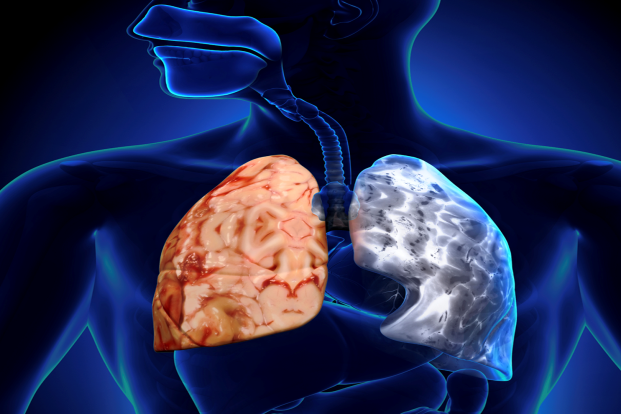IS COPD A PROGRESSIVE DISEASE
Apr 19, 2022
COPD (Chronic obstructive pulmonary disease), is a progressive lung disease that affects the airways in lungs. COPD makes breathing more difficult and can reduce your ability to do activities. Without treatment, your lungs will eventually only be able to do a fraction of what they used to. COPD symptoms can be treated. The key is treating COPD early to improve how well your lungs work. COPD can include chronic bronchitis, emphysema, or both.
Having COPD, does not mean we’re going to depart this mortal earth any quicker than being knocked down by a bus. It’s called Chronic as it’s not reversible or curable, but having your options open could mean living longer than a ‘couch potato’ – or a smoker

It can cause breathing symptoms like shortness of breath, wheezing, coughing, and more. COPD is something different a chronic, progressive condition that can get worse over time. The first step is getting the right diagnosis. Then you can get the right treatment.
Several factors may contribute to COPD progression:
- Smoking
- Age: The breathing trouble you experience with COPD is more than just age-related. But COPD can progress as time goes on and you get older
- Exposure to toxic substances
The progression of COPD is calculated with the GOLD staging system, which uses the following four stages based on a patient’s FEV1 (forced expiratory volume in one second) score:
- Stage 1 (very mild) — if a patient can forcefully exhale at least 80 percent of his or her normal lung capacity in one second, the GOLD system assigns a Stage 1 COPD progression.
- Stage 2 (moderate) — Patients who can forcefully exhale between 50 and 80 percent of their normal lung capacity in one second are ranked as having Stage 2 COPD progression.
- Stage 3 (severe) — Stage 3 COPD progression includes those patients who can forcefully exhale between 30 and 50 percent of their normal lung capacity in one second.
- Stage 4 (very severe or “end stage”) — Stage 4 COPD progression includes those patients who can forcefully exhale less than 30 percent of their normal lung capacity in one second. Patients at this stage experience increased fatigue and breathlessness








